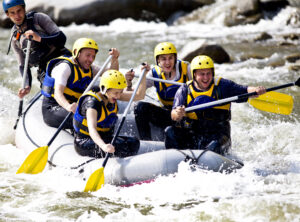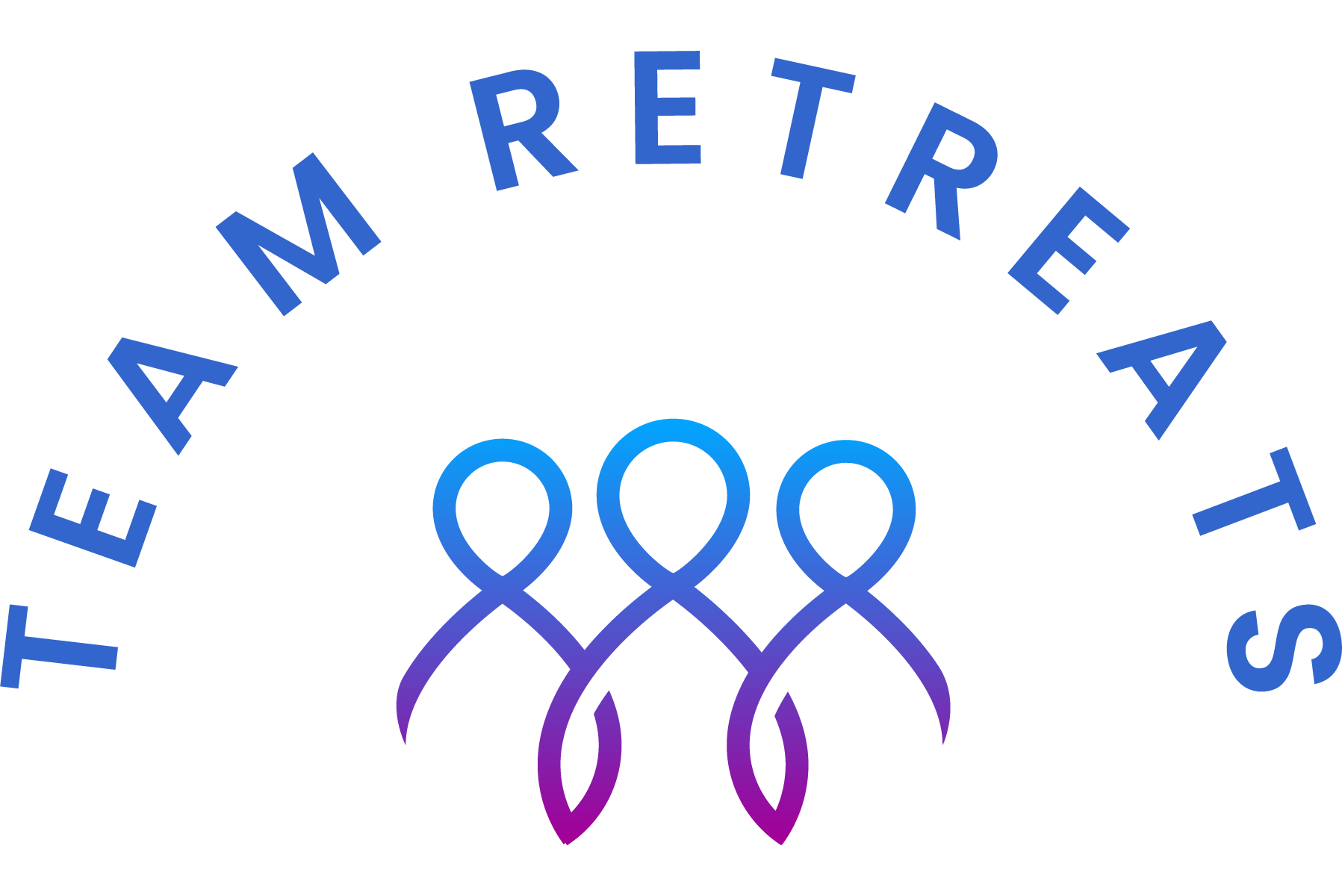Frequently Asked Questions
FAQ
Got questions? We’ve got answers! Explore our FAQ to learn everything you need to know about our unforgettable team retreat experiences.
Our Retreat Experts will explore the opportunities for arranging a retreat tailored for you

Corporate retreats play an important role in creating strong team dynamics, providing a much-needed break from the usual work routines and encouraging creative and strategic thinking. Productivity increases, problem solving skills improve and the burnout rate decreases due to the demonstrably higher satisfaction of employees after the retreat. Company retreats have the potential to enhance job satisfaction, decrease turnover rates and cultivate a workforce that’s highly committed and dedicated.

The choice of location varies depending on factors such as preferences. However countryside resorts or coastal getaways are often considered as options. Team retreats in attractive, easily accessible cities and travel solutions with a local connection and a focus on sustainability are becoming increasingly popular. Our recommendation is to involve the participating employees in the selection and decision of the destination.

Not necessarily, as there are various ways to keep the costs manageable. If a company has not yet had any experience with retreats, it could initially organize a one-day event closeby or a team event with just one overnight stay. Once the positive effects of the team trip become clear, the next event should be considered in terms of logistics, seasonal times, hotel standards, meeting options, activities and catering options. In a free consultation, an experienced agency should also provide attractive team event offers for a lower budget.

Organizing company retreats brings benefits such as improved communication among team members, increased morale and team building within the workforce.
Often teams witness a significant 30% rise in campaign success due to their improved collaboration efforts.

One way is to gather feedback from employees and observe and analyze their productivity and team dynamics after the team trip. We recommend conducting surveys with employees before and after the event to measure employee satisfaction and identify improvements in teamwork.

Yes, that is definitely possible. Many companies organize the team retreat in such a way that a large part of the time is used for presentations as well as creative and innovative workshops and meetings. In the remaining time, suitable team-building and leisure activities are used to create a balance between productivity and relaxation.

By offering activities, workshops and meetings that cater to different interests and involving employees in the planning process.

Typically companies opt for a retreat at least once a year; however the frequency depends on the specific goals and resources of each company. Based on the number of employees and teams, a corporate retreat could also be held semi-annually, every three months or even monthly.

Not organizing company retreats can lead to weaker team cohesion, reduced employee morale, and missed opportunities for innovation and interdepartmental collaboration. It may also result in increased risk of employee burnout, challenges in reinforcing corporate culture, and limited avenues for informal learning, employee recognition, and open communication. Overall, the absence of retreats can significantly impact team dynamics and alignment with company goals.

The appropriateness of including alcohol at a company retreat depends on the policies of the organization. If alcohol is permitted it should be handled responsibly. As part of the retreat there could be a guided wine tasting session, for example, or an interactive wine-experience. We recommend to offer non-alcoholic drinks during the day and wine and beer during dinner. Companies often opt for a convivial closing party on the last evening of the event, at which alcoholic drinks are offered.

Generally a company retreat lasts between two to five days. The duration is determined by finding the balance between achieving objectives and minimizing disruption to regular schedules. We recommend a five-day retreat that includes team building activities, strategy sessions and opportunities for relaxation.

A rounded mix of workshops for professional development, co-working, team building exercises, outdoor adventures, eventually sessions focused on mindfulness and some leisure activities.

It depends on the focus of the retreat and the company´s policies. If the company promotes a family environment they may allow their employees to take their partners and children with them. The advantage is that the family members get to know their partner´s business colleagues better and there is greater understanding for the job. The positive result is greater loyalty to the company. For this reason, we recommend involving families at regular intervals or on some of the trips. If necessary, participation can be made more binding by having the partner pay part of the (reduced) costs.
